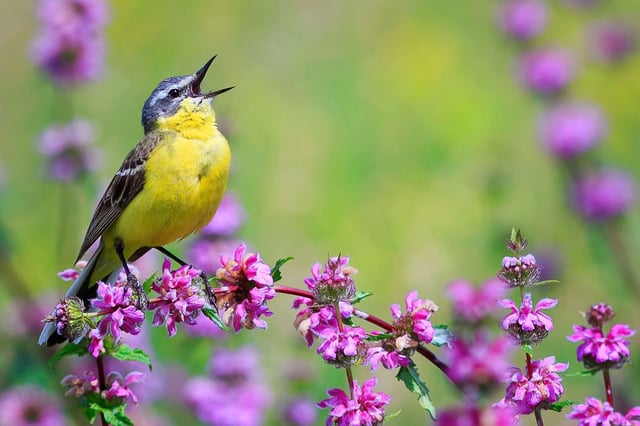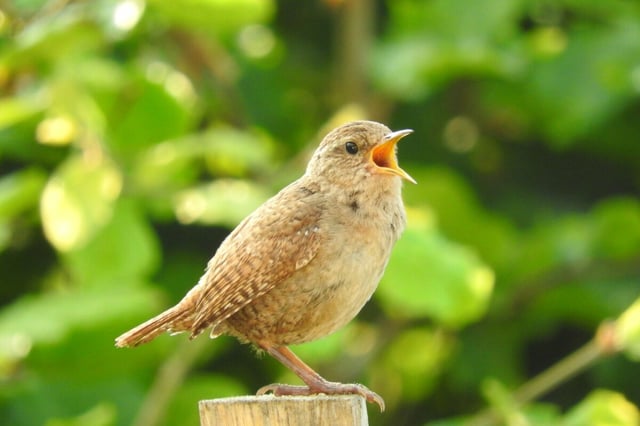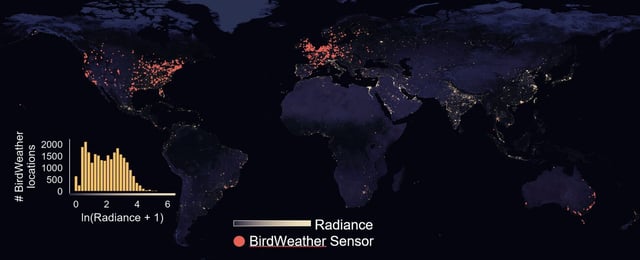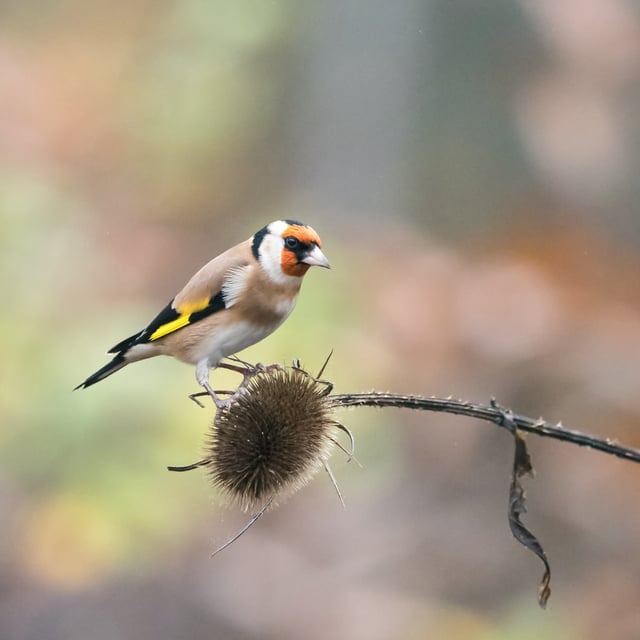Overview
- The peer‑reviewed Science paper by Brent Pease and Neil Gilbert reports diurnal birds start about 18 minutes earlier and stop 32 minutes later in the brightest landscapes.
- Researchers analyzed 2.6 million morning onsets and 1.8 million evening cessations from 583 species (March 2023–March 2024) using BirdWeather/BirdNET with VIIRS night‑light measurements.
- Species with larger eyes showed stronger responses, with effects most pronounced during breeding seasons.
- Responses varied by species and place; for example, Australian magpie‑larks in bright areas began morning calls nearly 40 minutes earlier at some times.
- The fitness consequences remain uncertain as light pollution grows worldwide, and the authors call for further study while noting the dataset over‑represents regions like the U.S., western Europe and Australia.



